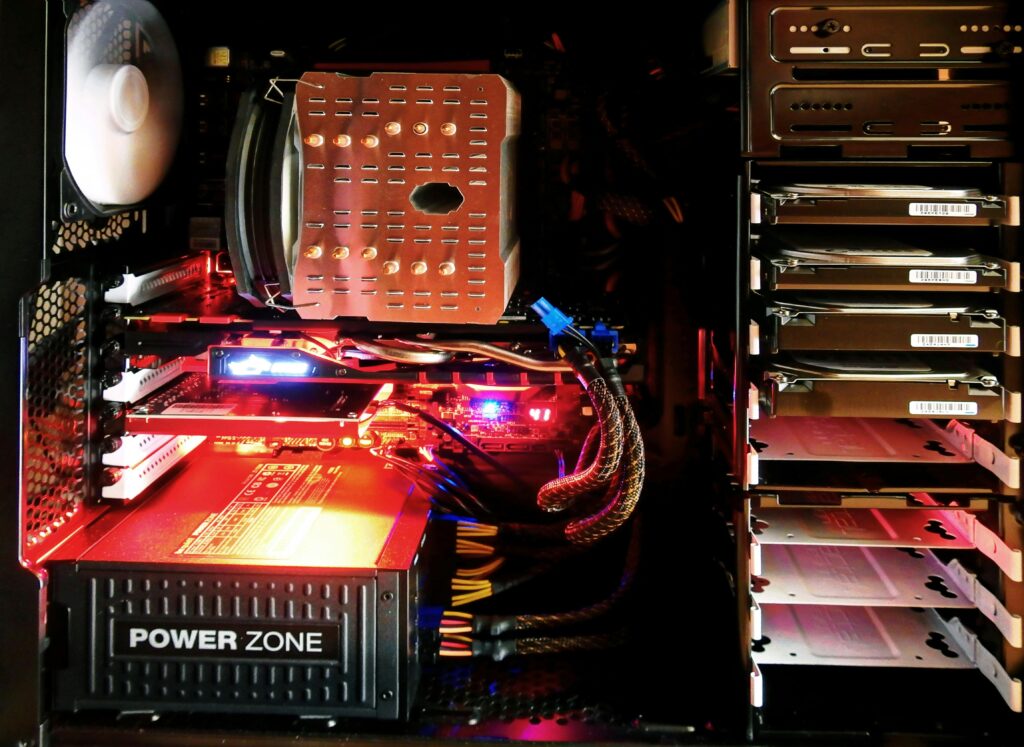SERVER SUPPORT.
Need Server Maintenance?

Without compromise, servers are the heartbeat of every network. Our server
maintenance plans are designed to keep your server/s updated and always
working to produce the expected performance for your network users. Our
server maintenance plans comprise of:
- Checking server log files
- Applying necessary service packs and
updates - Checking hard disk space
- Checking core file and folder permission
- Checking complete security
- Checking application functionality
- Checking redundancy
- Recommending necessary software andVhardware upgrades
- Check backups and more.
Key Responsibilities:

- Server Administration:
o Install, configure, and manage server operating systems (Windows, Linux, etc.).
o Monitor server performance and optimize resource usage. - Troubleshooting:
o Diagnose and resolve server-related issues, including hardware failures, software
conflicts, and network problems.
o Respond to support tickets and provide timely resolutions to technical problems. - Security Management:
o Implement and maintain security protocols to safeguard server data and
infrastructure.
o Regularly update software and apply patches to protect against vulnerabilities. - Backup and Recovery:
o Ensure regular backups of server data and develop recovery strategies for data
loss scenarios.
o Test backup and recovery procedures to ensure effectiveness. - Documentation:
o Maintain accurate records of server configurations, changes, and incidents.
o Create and update technical documentation for support processes. - Collaboration:
o Work closely with network engineers, database administrators, and other IT staff
to ensure seamless integration of server systems with overall IT architecture.
Qualifications:
- Bachelor’s degree in Computer Science, Information Technology, or related field (or
equivalent experience). - Experience with server hardware and operating systems.
- Proficiency in virtualization technologies (e.g., VMware, Hyper-V).
- Strong understanding of networking concepts and protocols.
- Familiarity with cloud services (e.g., AWS, Azure) is a plus.
- Excellent problem-solving and communication skills.
Preferred Skills: - Certifications (e.g., MCSE, CompTIA Server+, RHCE) are advantageous.
- Experience with scripting or automation tools.
